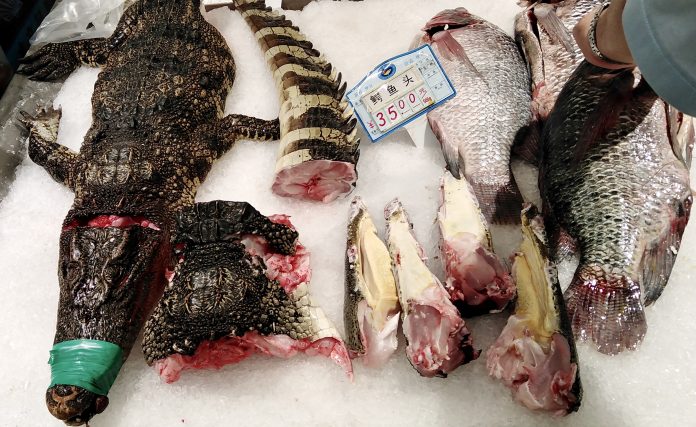You can help all animals and our planet by choosing compassion on your plate and in your glass. #GoVeg
RELATED ARTICLES
The Jane Goodall Act Was Recently Introduced In Canada And Will Become One Of The Strongest Animal Welfare Bills In History!
Canadian Senator Murray Sinclair has partnered with Dr. Jane Goodall to introduce the Jane Goodall Act, which, when passed, will become one of the...
Breaking! Whale Entanglement Prevention Act Aims To End The Suffering & Death Of Endangered Marine Life Off The Coast Of California
This week, Assemblymember Rob Bonta, along with co-sponsors Social Compassion in Legislation and The Center for Biological Diversity introduced AB 534, The Whale Entanglement Prevention...
Peace 4 Animals, SCIL, NRDC & FOE Introduce California Anti-Deforestation Bill To Protect Critical Rainforest Habitat & Endangered Species
Following a year of devastating fires throughout the Amazon rainforest and the forests throughout Indonesia, as well as continued degradation of boreal forests throughout...
Popular stories
International News
Concerning News As An Estimated 250 Chinese Fishing Vessels Found Near The Galápagos Islands; Killing Protected Species, As Well As Sharks For Their...
Photo Jax Oliver, Sea Shepherd
On July 17th, the British Broadcasting Corporation (BBC) reported an unusual concentration of Chinese-flagged fishing vessels congregating in the high...
News
Heartbreaking Images Surface As 100 Elephants Have Died In Zimbabwe Due To Severe Drought
Photo: © Privilege Musvanhiri
Elephants and many other wild species are dying in Zimbabwe as an extended dry season has reduced once abundant water...
International News
Breaking! The UK Supreme Court Upholds The Government’s Ban On Ivory By Revoking A Final Attempt By Antiques Dealers To Overturn It
The landmark UK Ivory Act has passed its final hurdle with the announcement on August 17th that the Supreme Court has refused to allow an appeal...



